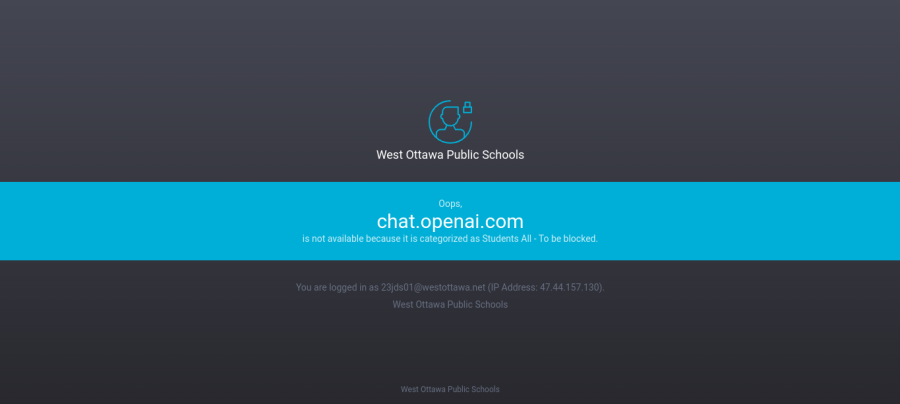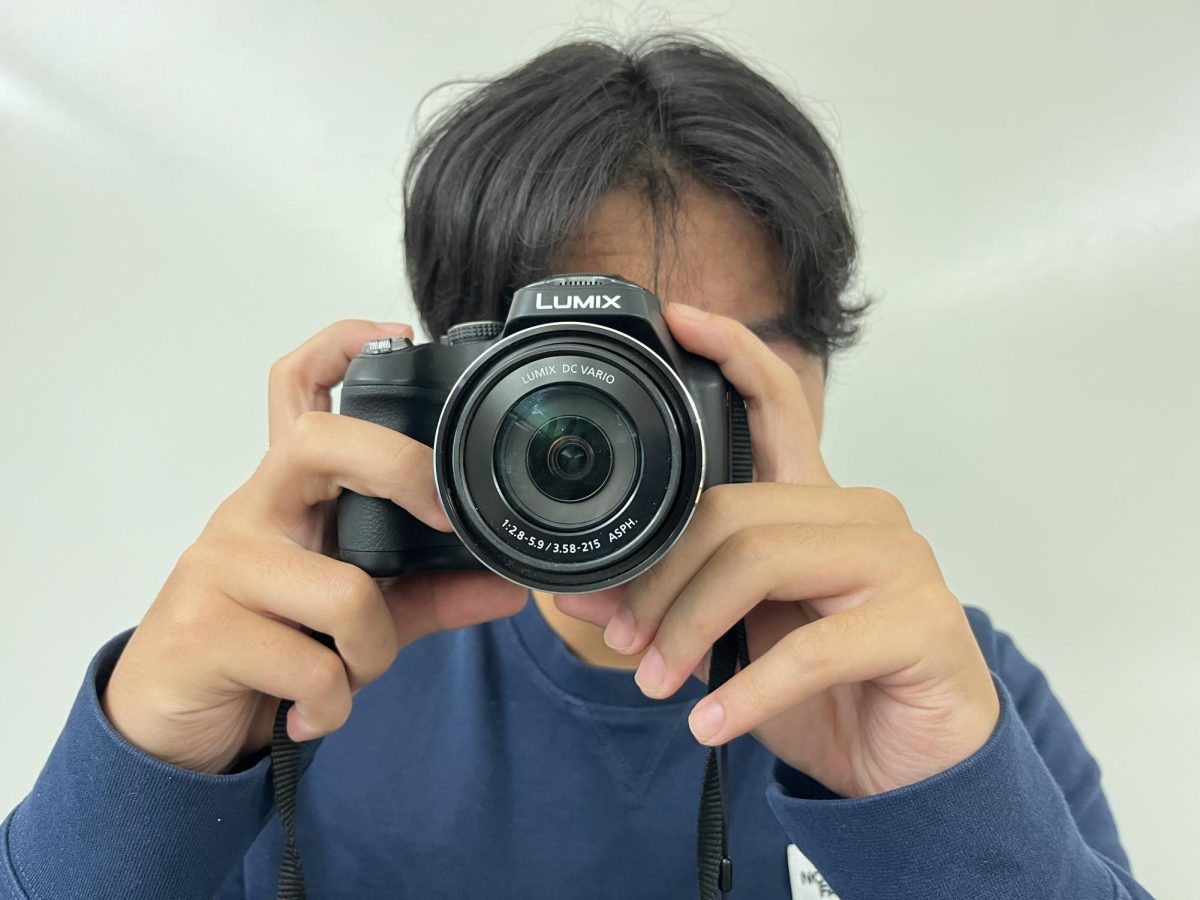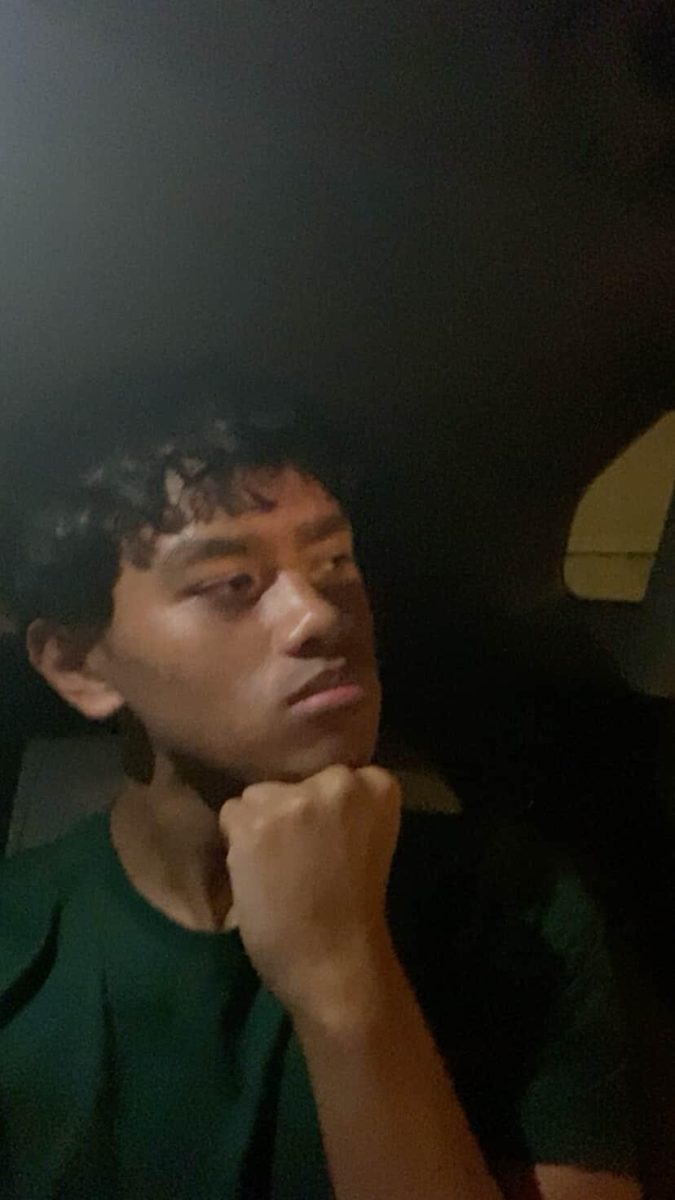My robot did my homework
OpenAI blocked at West Ottawa Public Schools
January 16, 2023
As AI continues to make strides in its ability to mimic human thought and behavior, the question on everyone’s mind is: will it eventually pass the Turing test, a benchmark for determining whether a machine is capable of exhibiting intelligent behavior indistinguishable from a human?
If you believe I wrote that, then it already has.
The capability of technology is awe-inspiring but equally problematic. Using OpenAI, a program that reached a million users in a record-breaking five days, I simply asked, “Write a hook for an essay about artificial intelligence passing the Turing test.” Within moments, the AI provided me with a plagiarism-free hook. That prompted an intuitive concern: how do we value work if AI can create ideas?
AI now commands the same respect as humans. With an unprecedented quantity of knowledge, machines shape our language and present convincing, original work. Websites now have the capability of writing essays that are indistinguishable from humans, presenting a moral dilemma for teachers and admissions counselors.
Any work, including this one, could be unoriginal in human nature, and there is no distinction for fair use. Our education system is spiraling into an existential crisis.
“I have students who are using artificial intelligence, without a doubt,” West Ottawa teacher Shanna Meyer said. “I don’t think it’s cheating if it is used as a starting point, but if they turn it in as their own work, that is cheating.” Meyer said, “There are ways to crosscheck writing to the writer, but it is becoming increasingly more difficult to tell the difference.”
New York City’s public school system has decided to block the website. Chalkbeat reported, “The education department blocked access to the program, citing ‘negative impacts on student learning, and concerns regarding the safety and accuracy of content,’ a spokesperson said.”
However, blocking the website does not prevent a student from completing assignments on their cell phone or home computer. Even at the collegiate level, students may use the tool to pass difficult tests, including the bar exam.
A December research study conducted by students at Cornell University determined “GPT-3.5 achieves a headline correct rate of 50.3% on a complete NCBE MBE practice exam, significantly in excess of the 25% baseline guessing rate.” In specific categories of the bar exam, the AI had a correctness of up to 80%. In essence, the AI is already rendering the extreme investment humans spend preparing for the exam obsolete.
We must redefine how we judge merit. We should not base the quality of a person solely on their work because technological innovation is inevitable. Limiting a person to their writing and test-taking is no more indicative of their worth than the cellphones in our pockets. Instead, meritocracy should be a measure of our constructive discourse, our empathy for the world, and our creative ability to construe ideas.
Our profound ideas, which are rooted in devotion and meaning, come from a place of unselfconsciousness. Eugen Herrigel portrays that best in Zen in the Art of Archery: “You must learn to wait properly… by letting go of yourself, leaving yourself and everything you own behind you so decisively that nothing more is left of you but a purposeless tension.”
In that purposeless tension, creativity culminates, and our unconscious mind strings together inspiration. We utilize our network of life experiences to create ideas. We build on that knowledge to create original work. We take pride in that originality, which reveals our character, ambitions, and, most significantly, merit.
Educators and admission counselors must value our work through a holistic lens. There needs to be more emphasis on personal connections in college applications, such as in-person interviews. Students should critically examine and solve problems in the classroom instead of the monotonous take-home essays.
Instead of solely test-taking and writing, our ideas and relationships should be the measurements of our educational standings. AI has the potential to enhance our quality of work; however, the basis for critical thinking and our relationships with each other remain untouched.
“We have to assess the quality of our ideas,” Sr. Julian Carrier said. “If the institution of society wants to make progress to a specific goal, we need to be far more philosophical with our approach to evaluating students,” Carrier said.
Carrier continued, “Ultimately, evaluating merit will become a huge cultural problem in society. There will be a large number of us that will become completely obsolete and valueless in our current system. If we care about general happiness, about people having purpose in their lives, then a change of mindset matters.”
We must remain conscious of our purpose but unselfconscious of our ideas. We must not slip backward and lose our ability to critically think. Our achievements should be defined through our collaboration with one another. Taking the opportunity to build relationships and establish connections is critical. In our ever-changing technological landscape, our human experience unites us.
So, even if I wrote this original article, as renowned sci-fi author Dan Simmons put it, “We are not the only avatars of humanity.”




Lucious Jansma • Feb 20, 2023 at 8:09 am
i dont think the website should be blocked. it could be used to help people code or even show them what they did wrong with there code.